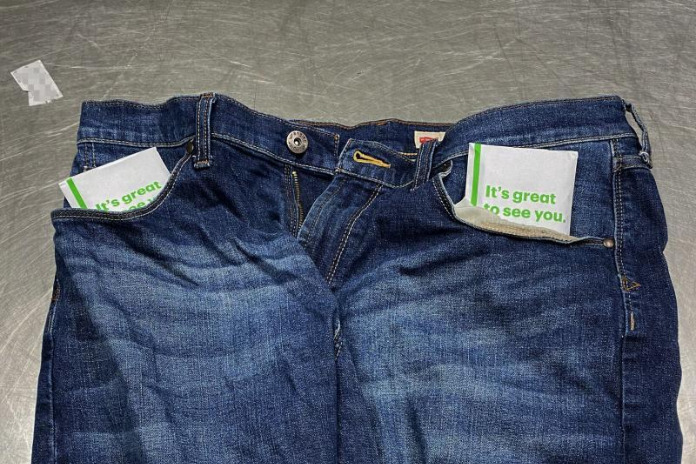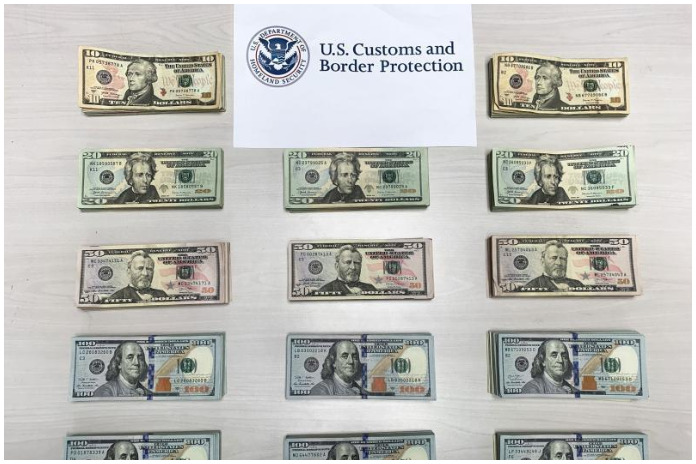PHILADELPHIA, USA – US Customs and Border Protection (CBP) officers seized more than $44,000 from a Jamaica-bound couple at Philadelphia International Airport on Friday.
CBP is not releasing the couple’s names because they were not criminally charged.
During outbound inspections of the Montego Bay-bound flight, the couple reported to CBP officers that they possessed $6,050. Officers advised the couple of federal currency reporting laws and the couple confirmed that amount verbally and in writing. During an examination of the couple’s carry-on baggage, officers discovered $44,629 in US dollars and $5,000 Jamaican dollars (equivalent to $35.04 in US dollars) for a total of $44,664.05.
Officers returned $535.04 to the couple for humanitarian relief and released them.
“Travelers face consequences, sometimes severe, for violating US currency reporting laws,” said Keith Fleming, acting director of Field Operations for CBP’s Baltimore Field Office. “Our best advice to travelers is to truthfully report all currency they possess to a Customs and Border Protection officer during inspection.”
Although there is no limit to the amount of money that travelers may carry when crossing US borders, federal law [31 U.S.C. 5316] requires that travelers report currency or monetary instruments in excess of $10,000 to a CBP officer at the airport, seaport, or land border crossing when entering or leaving the United States.
Read more about currency reporting requirements.
During inspections, CBP officers ensure that travelers fully understand federal currency reporting requirements and offer travelers multiple opportunities to accurately report all currency and monetary instruments they possess before examining a traveler’s carryon or checked baggage.

Consequences for violating US currency reporting laws are severe; penalties may include seizure of most or all of the traveler’s currency, and potential criminal charges. On average, CBP seized about $207,000 every day in unreported or illicit currency along our nation’s borders. Learn more about what CBP accomplished during “A Typical Day” in 2019.
An individual may petition for the return of seized currency, but the petitioner must prove that the source and intended use of the currency was legitimate.
CBP’s border security mission is led at ports of entry by CBP officers from the Office of Field Operations. CBP officers screen international travelers and cargo and search for illicit narcotics, unreported currency, weapons, counterfeit consumer goods, prohibited agriculture, and other illicit products that could potentially harm the American public, US businesses, and our nation’s safety and economic vitality.





